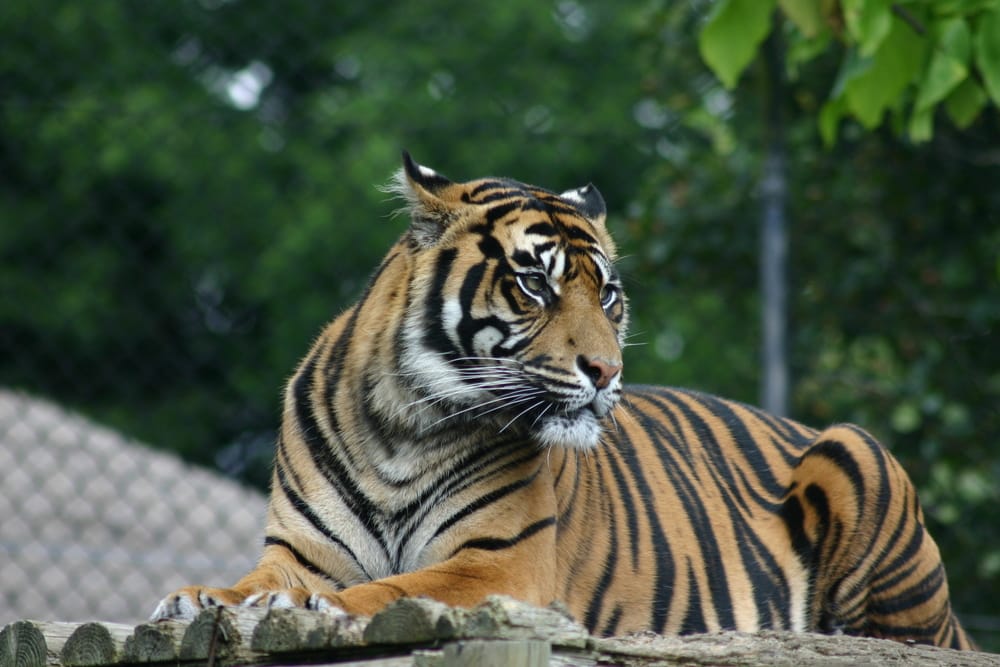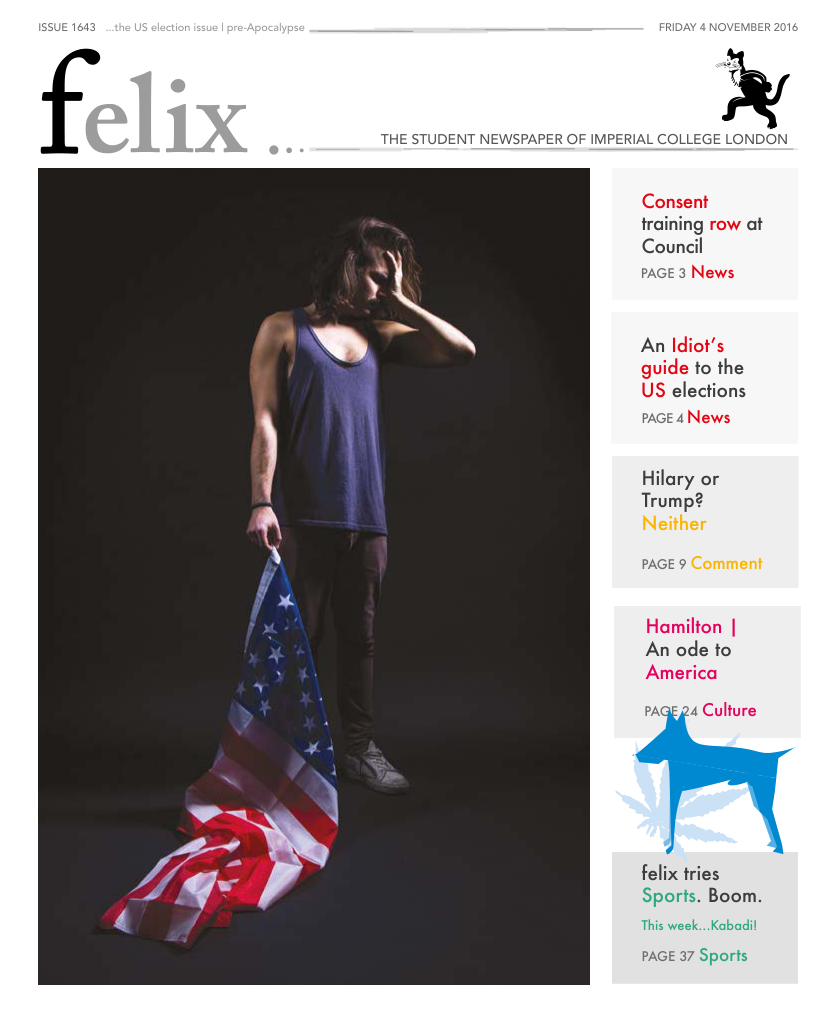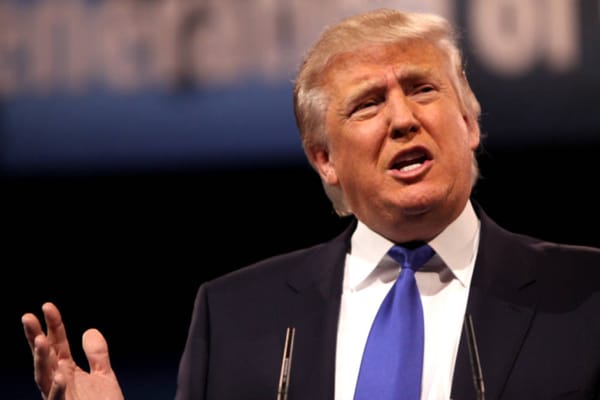Stop trying to domesticate the wild
Jennifer Eden discusses the wild animal adoption trend and its consequences

Having watched enough music videos and viewed the odd ‘Rich Kids of Instagram’ profile, it’s not unusual to spot an exotic animal being used as a power status symbol or display of wealth for social media. A tiger padding over a marble floor, a marmoset monkey hanging from a chandelier, or a snake being used as a prop in a painstakingly well-lit selfie. All the types of image that would attract plenty of attention. All vanity posts. The animal having one purpose: to add to the backdrop of money.
t turns out that on Gumtree I could have bought a bearded dragon for £100 or two pythons for £40
While I’m sure the vast majority of exotic animal owners do genuinely care for these animals as beloved pets, the new wave of exotic pet ownership as a glorified fashion statement is a trend on the rise. And with it has come a worrying increase in cases of exotic animals being neglected when owners are insufficiently equipped to provide for the animals’ needs.
This issue starts with the ease of purchase. I had a quick look online. It turns out that on Gumtree I could have bought a bearded dragon for a mere £100, or perhaps two pythons for £40. Mercifully there were no tigers, panthers or lions for sale on Gumtree, but obviously these would come with a significantly heftier price tag. Yet, animal welfare organisations have reported there to be around 25,000 online advertisements for the sale of exotic animals on sites like buytigers.com. In England a licence is required before such ownership (under the ‘Dangerous Wild Animals Act’, 1976), but once you’ve acquired that and enough cash in the bank, you’re free to buy an enormous wild predator.

Once the animal is purchased and has raked in a couple of hundred likes on an Instagram post, there’s the small bother of looking after it. Certainly more precautions should be taken and questions asked before buying a panther as opposed to your bog standard domestic cat. What does it eat? How much space is required? Will it mistake my granny for a tasty vole rat while we’re trying to enjoy a family Sunday roast? Sadly, when these kind of responsibilities and questions aren’t properly thought through, issues become apparent.
According to the Humane Society, only 10% of the 15,000 tigers in the US live in professionally regulated zoos and sanctuaries
ccording to the Humane Society, only 10% of the 15,000 tigers in the US live in professionally regulated zoos and sanctuaries, meaning a large proportion of the other 90% are confined to someone’s house or garden. For a naturally wide-ranging animal, living in someone’s home is a form of neglect in itself, having detrimental effects on health by causing joint, muscle or circulatory problems. Stating the obvious here, tigers are also far more likely to be involved in a fatal attack on humans than other domestic pets. In fact they are 360 to 720 times more likely than dogs. And the story is very much a similar one for other big cats and predators.
Then there’s the small fluffy animals, those which fill the gap in the market a Pomeranian-cross-Pug-cross-Poodle never could. Take the slo loris – a big-eyed, bushy-tailed ball of cuteness (you’ve probably seen one of these in a video having its armpits tickled). Nocturnal animals with large eyes are specially adapted for seeing in darkness. In captivity, though, they have to adapt to the sleeping times of their non- nocturnal owners who want to spend time with the lovable slo loris during the day. Being kept in rooms with bright artificial lighting and spending an unnatural amount of time awake in the daylight hours is uncomfortable and even painful for the slo loris’ eyes. People buying them also struggle to meet the varied dietary requirements of these rainforest animals. They would usually munch on a range of fruits and insects from the rainforest ecosystem – difficult to find in the suburbs.

Clearly, exotic animals are high maintenance, and too often caring for them properly becomes more hassle than the good photos and social media attention are worth. The realisation dawns on the owner that they’re not going to find a lion-sized litter tray at the nearest Pets at Home, nor can an orangutan survive off scraps of leftover pizza. And while a chihuahua may occasionally growl when approached too close to its food, one flash of pearly white from a tiger would leave you a shivering wreck in your own home.
There’s a reason why we generally stick to owning dogs, cats, hamsters and so on. It’s because they have undergone generations of domestication and become suited to living with us. Exotic pets, on the other hand, are ripped out of their natural habitat and propelled into domestic life. Even if they have been bred in captivity, their species still hasn’t had the history of living with humans needed to adapt to our lifestyle.
It therefore seems entirely unnatural for anyone to privately own one of these animals, especially if the main intention is for the animal to be part of the décor in a narcissistic social media facade. Impressive as the vanity posts may appear and healthy as the exotic animals in them can look, the chances are that that animal is unhappy, ultimately because a man-made life can never compare to what they had in the wild.









